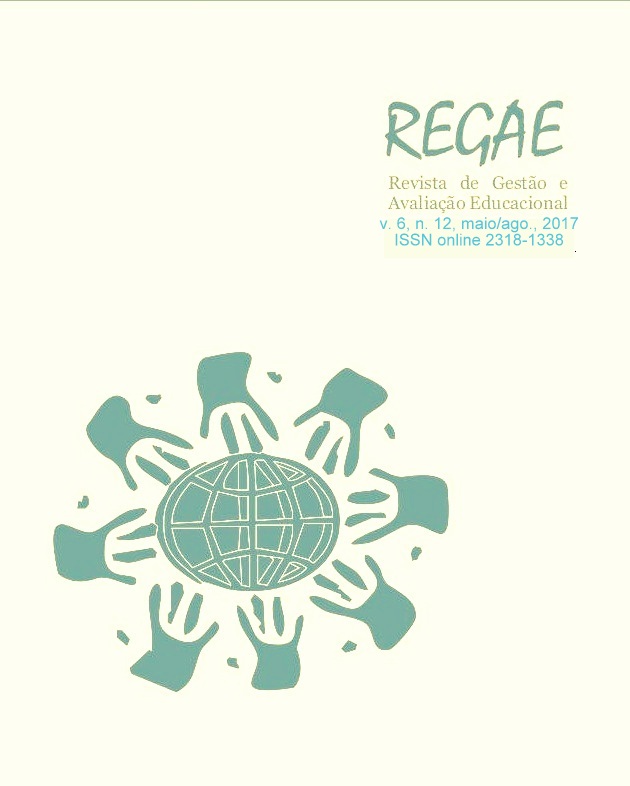The students’ sojourn of Fatec Tatuapé in 2015
DOI:
https://doi.org/10.5902/2318133822902Abstract
This paper shows the results of a research that aimed the students who have stopped attending Fatec Tatuapé in 2015, before completing the course. This study is an effort to search for possible solutions for the issue of students’ sojourn in higher technological education. Data collection was done through a questionnaire designed and developed by Centro Paula Souza, adapted by Fatec Tatuapé, as measuring instrument to realize this higher technological education institution, as the course Construction Managment, offered at night, behaved in relation to the permanence of students entering the education system. It was possible to see that this course is the one with the highest dropout rate, followed by the Business Management course, offered online. It was considered that the students that go to the college at night have difficulty reconciling the working day with a higher education course in this case. Also, the freshmen in online mode has relative difficulty in participating, study and arrange to meet and carry out the proposed activities in this learning environment, in addition to miss the interpersonal contact and extracurricular regular classes.
Key-words: sojourn, higher education, technological education.
Downloads
References
BRANDÃO, Carlos da Fonseca. Apontamentos sobre política educacional pública brasileira para a educação tecnológica e profissional nas últimas décadas. In: ALMEIDA, Ivanete Bellucci P; BATISTA, Sueli Soares dos Santos (orgs.). Educação tecnológica: reflexões, teorias e práticas. Jundiaí: Paco, 2012, p. 63-76.
MOTOYAMA, Shozo. Educação técnica e tecnológica em questão: 25 anos do Ceeteps - uma história vivida. São Paulo: Unesp, 1995.
ROMANELLI, Otaíza de Oliveira. História da educação no Brasil. Campinas: Autores Associados, 1978.
Downloads
Published
How to Cite
Issue
Section
License
Authors keep copyright and concede to the magazine the right of first publication, with the work simultaneously licensed under the Creative Commons Attribution 4.0 International, non-commercial license with no derivative work, which allows to share the work with no author recognition and initial publication in this magazine.
Authors has authorization to overtake additional contracts separately, to distribute a non-exclusive version of the work published in this magazine: For example: to publish in an institutional repository or as a chapter of a book, with authorial recognition and initial publication in this magazine.
Authors are allowed and are encouraged to publish and distribute their work online. For example: in institutional repositories or in their own personal page – at any point before or during the editorial process, because this can result in productive changes, as well as increase the impact and the mention to the published work.






